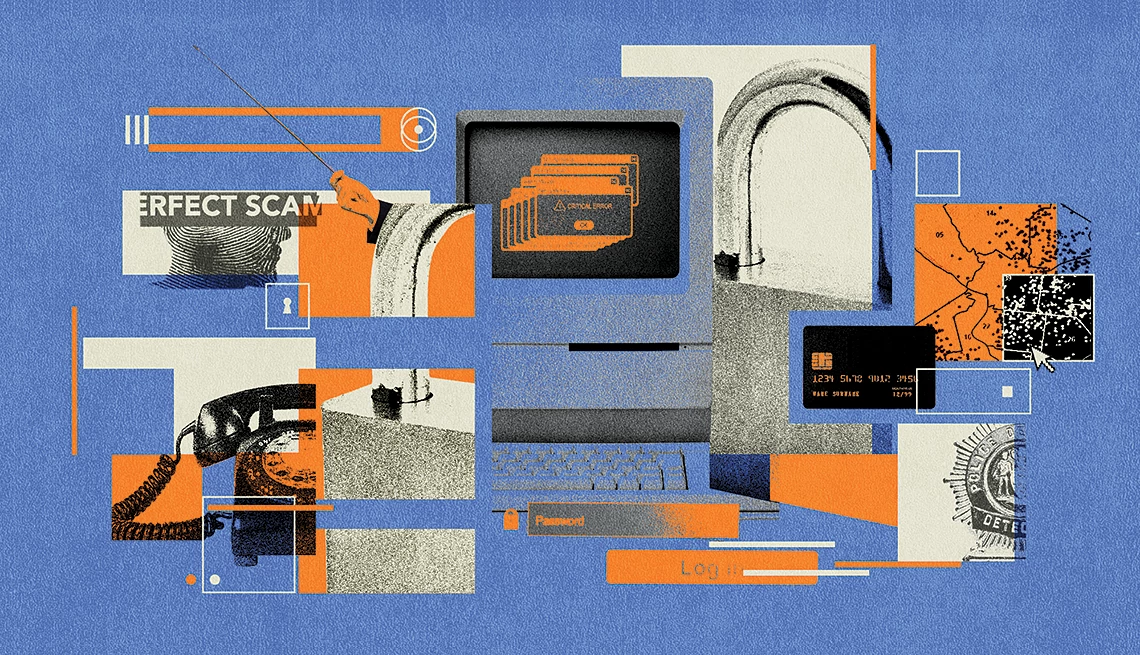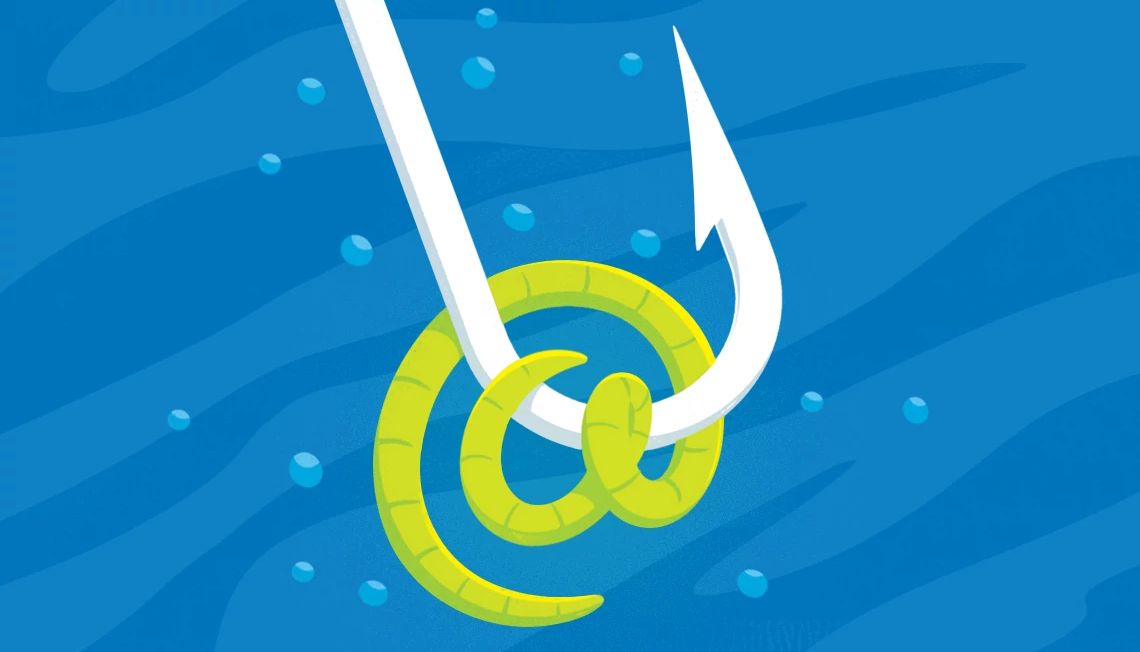AARP Hearing Center
Financial abuse targeting older adults causes an estimated $28.3 billion in losses each year, according to a 2023 AARP report, which takes into account the fact that fraud is so often unreported.
Elder financial exploitation, broadly defined as the illegal or improper use of an older adult’s funds, property or assets (by strangers through scams, or financial abuse by people known to the victims), is vastly underreported.
Be aware of the unfortunate fact that when an older person is the victim of financial abuse, family members — particularly adult children — are often the perpetrators.
But experts also say that in most cases, financial abuse by known others can be prevented before it starts. Take these steps to help protect yourself or a vulnerable loved one from this kind of financial exploitation.
1. Designate someone you trust as your financial power of attorney
While you’re still able to make financial decisions, choose the right person to do so if you become incapacitated. Or persons: If you invest two people with this responsibility, they can share the workload and hold each other accountable.
“We don’t like to talk about finances. It’s private. But we need to change that dynamic,” says Julie Schoen, director of the Elder Abuse Guide for Law Enforcement and consultant to the National Center on Elder Abuse (NCEA) at the University of Southern California’s Keck School of Medicine.
Skip the standard power-of-attorney form and customize the role to meet your needs, preferably with the help of a lawyer. (The federal government’s Eldercare Locator can help you find free or low-cost legal assistance.) Maybe you want your agents to handle all your financial matters, or maybe you just want them to, say, file taxes or manage property. Spell it out.
2. Appoint a trusted contact for accounts and investments
A trusted contact is someone you authorize a bank or financial institution to get in touch with about questionable activity on your account, or if they are unable to reach you. The company can disclose some account information to your trusted contact, but he or she is not able to make transactions.










































































